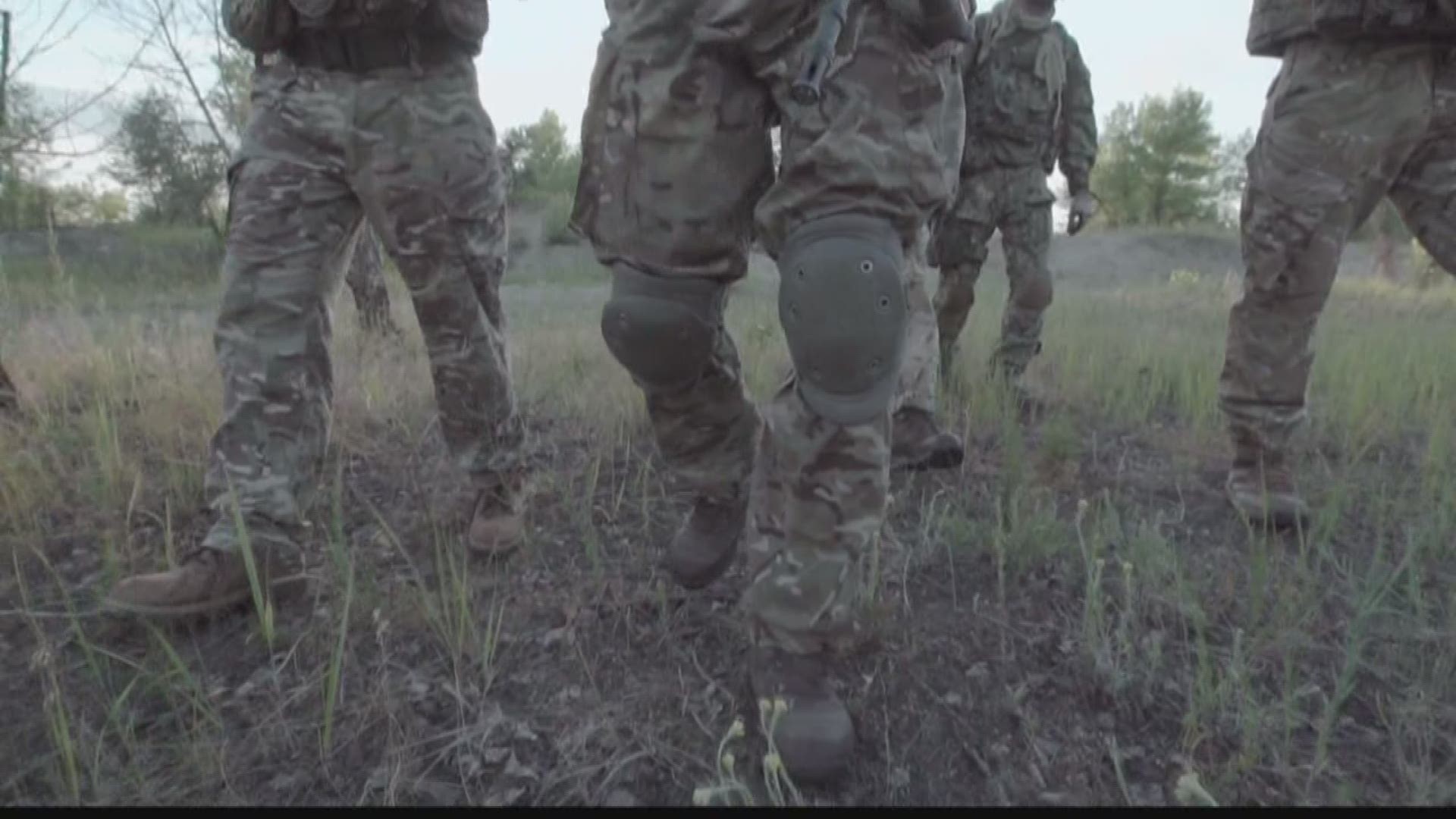ST. PETERSBURG, Fla. — The president has a lot of power, but he’s not allowed to declare war all on his own. For that, he needs Congressional approval.
The U.S. Constitution names the president the commander in chief of the military but leaves Congress the power to declare war and federalize state militias.
The reason? The Constitution's framers wanted there to be careful debate among elected lawmakers about going to war. They didn't want a president to be able to declare war unilaterally.
Congress has declared war 11 times in the country’s history. The last time it happened was in 1942.
And, there's a reason for that.
Presidents might not have absolute power with regard to declaring war but in recent years have gotten more leeway to deal with certain threats abroad.
After the terror attacks of 9/11, President George W. Bush signed into law the Authorized Use of Military Force, otherwise known as AUMF. It gave him increased power to protect the United States and take action against foreign threats. Since then, presidents have used it as a legal justification for all sorts of military actions in the Middle East.
For example, President Barack Obama's administration used it to defend airstrikes against ISIS.
This newer way of taking some military actions without needing Congressional approval hasn't always gone over well with federal lawmakers.
House Speaker Nancy Pelosi led an effort to limit President Donald Trump's power to take military action in Iran after the surprise U.S. airstrike that killed Iranian Gen. Qassem Soleimani.
This isn’t the first time Congress has expressed concerns about making sure presidents are going through more traditional channels with regard to military action. Similar arguments were made against President Bill Clinton and President Obama over operations in Kosovo and Libya.
The War Powers Resolution of 1973 requires any U.S. forces engaged in hostilities outside of the United States to be removed by the president if Congress says so. The House resolution pushed by Pelosi was approved by the House Thursday night. It does not require the president’s signature and says the president must consult Congress in every possible instance before sending U.S. armed forces into any conflicts.
Republicans said Thursday’s House resolution does not carry the force of law, and they might be right. Democrats argue that it could be a binding agreement if it’s approved in the Senate; but if the recent impeachment process is any indication, the chances of that happening are slim.
What other people are reading right now:
- Lakeland police officer killed in motorcycle crash on the way to work
- CBS News: US leaders confident that Iran shot down a Ukrainian passenger jet
- House to vote on restraining President Trump's military powers against Iran
- Private fence on Siesta Key beach angering beachgoers
- The first full moon of the year comes with a penumbral lunar eclipse
- Cartoon of Steve Irwin welcoming animals killed in Australian bushfires has people in tears



